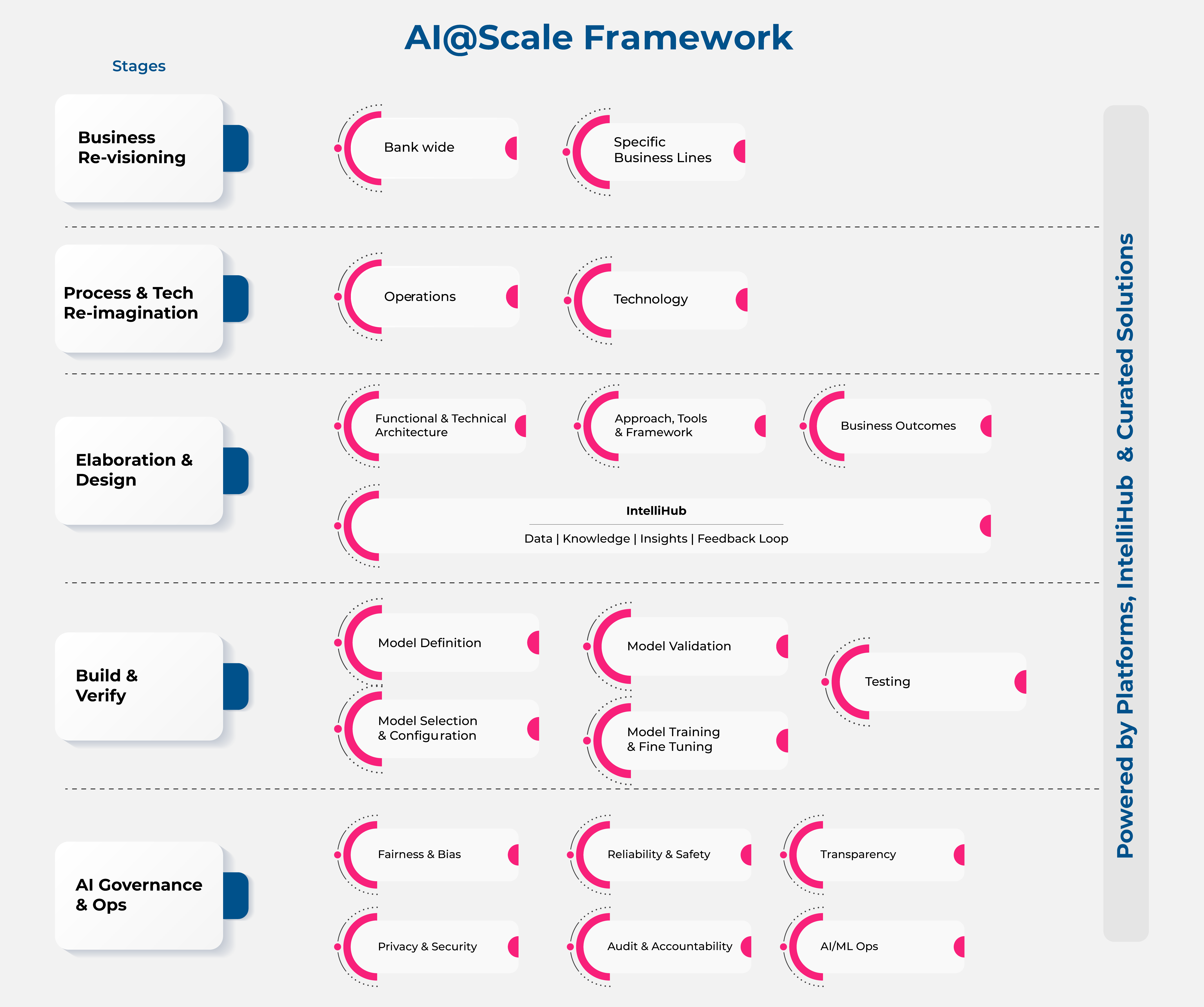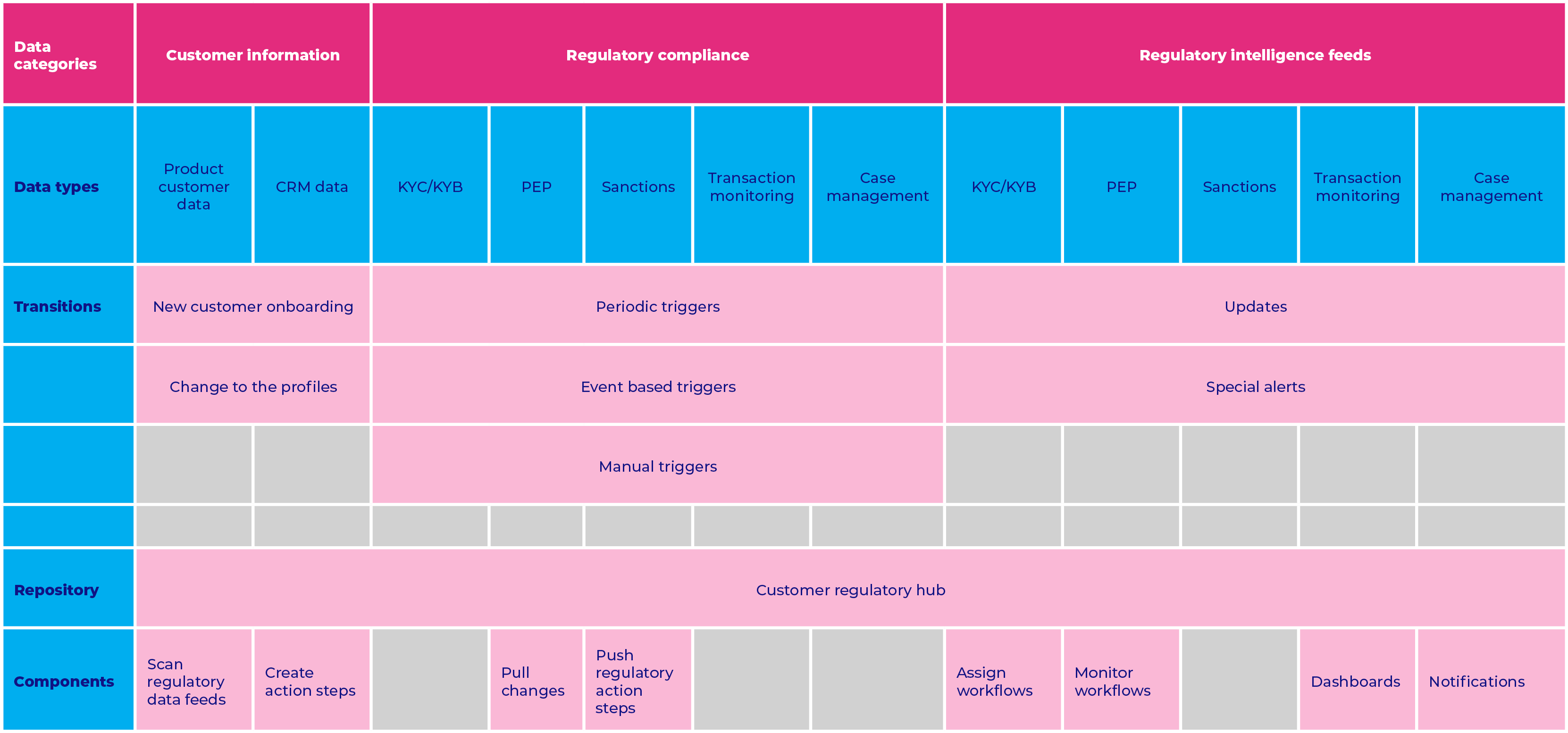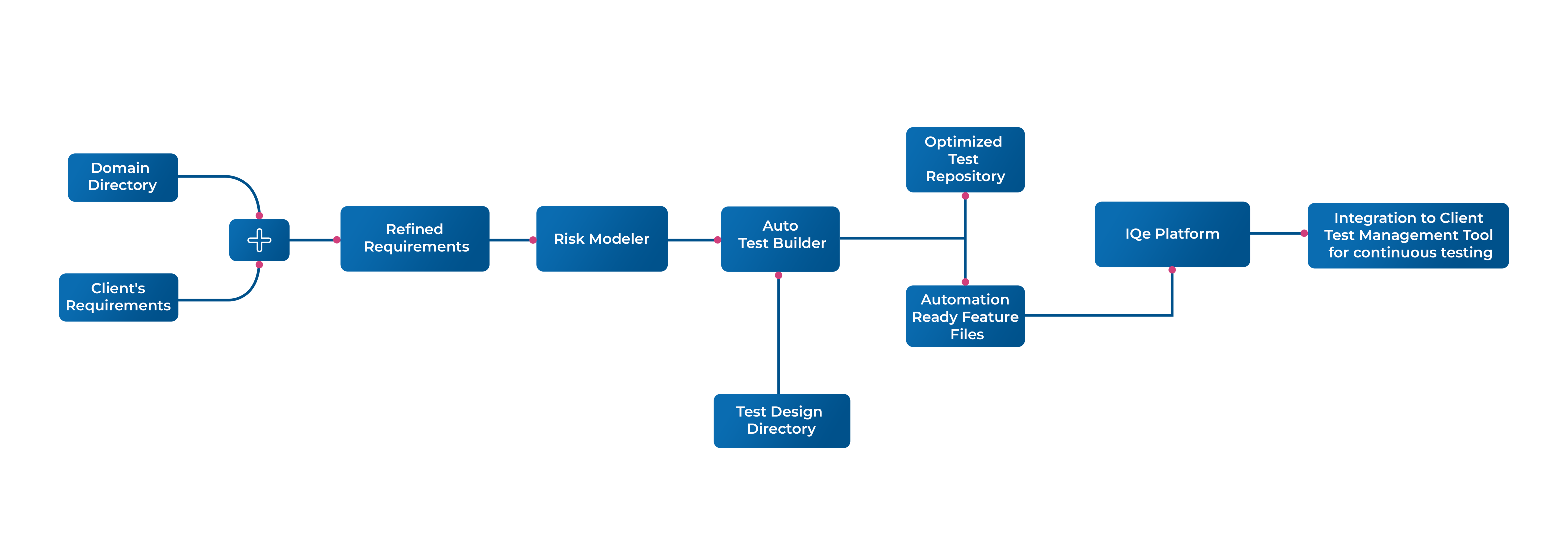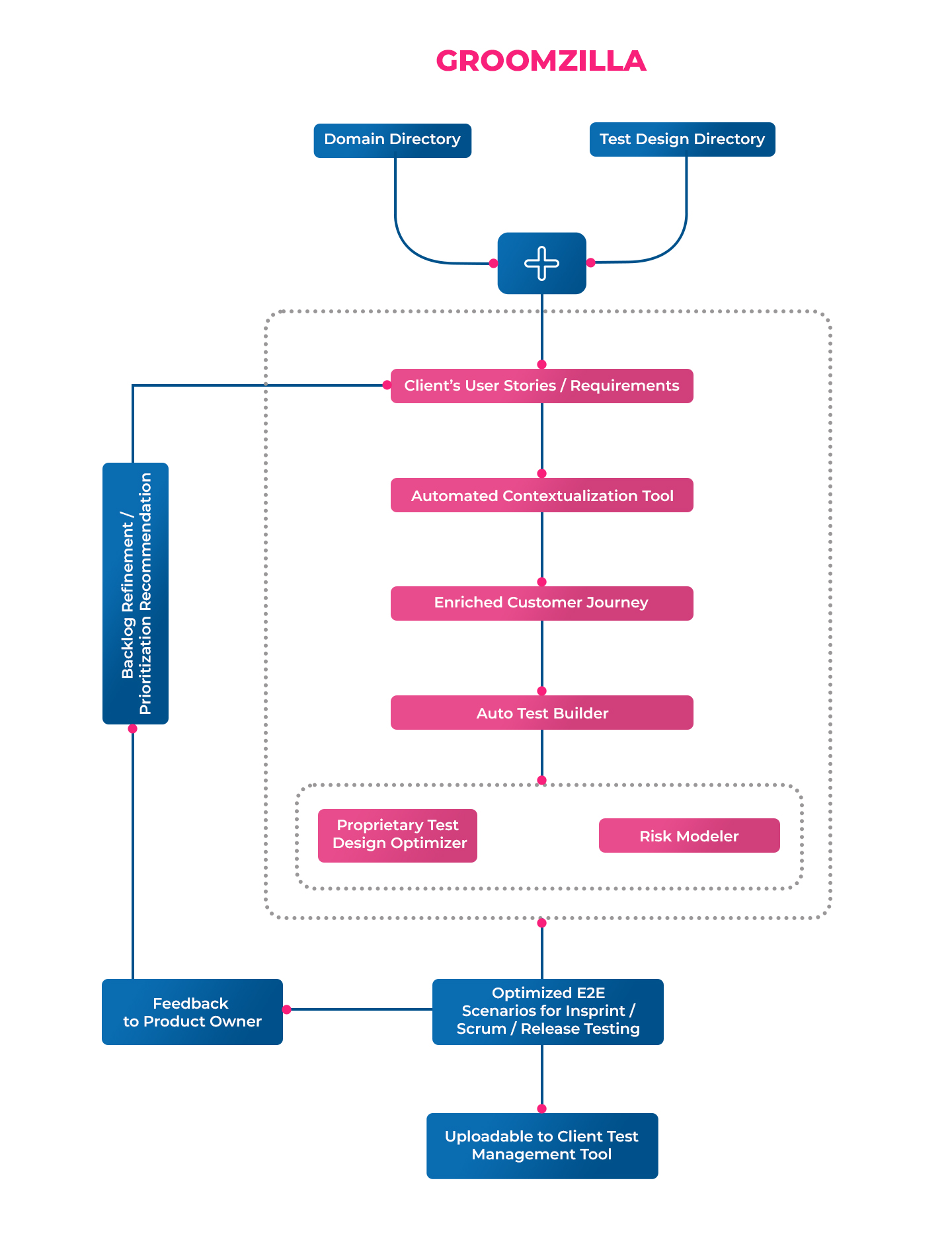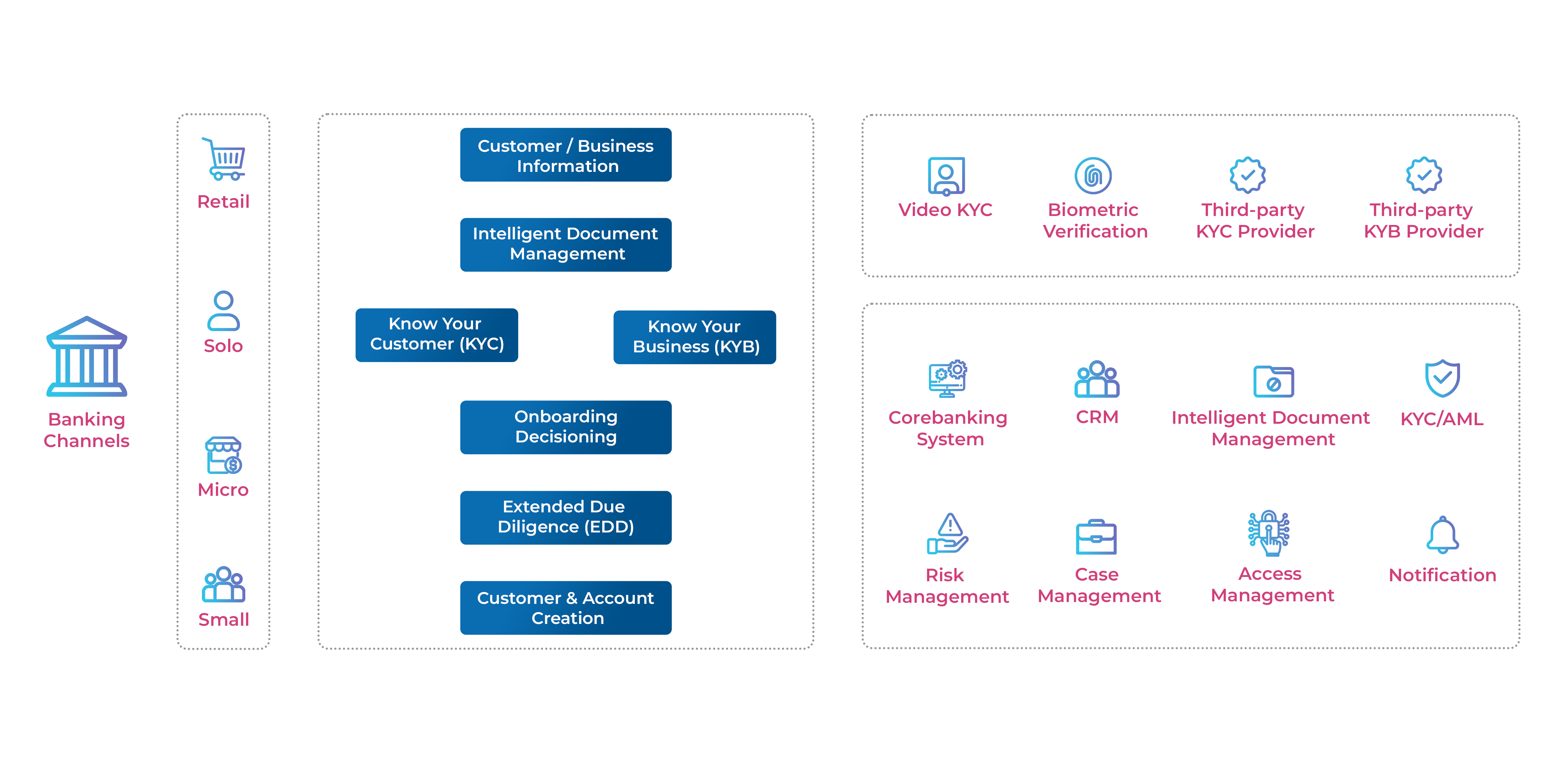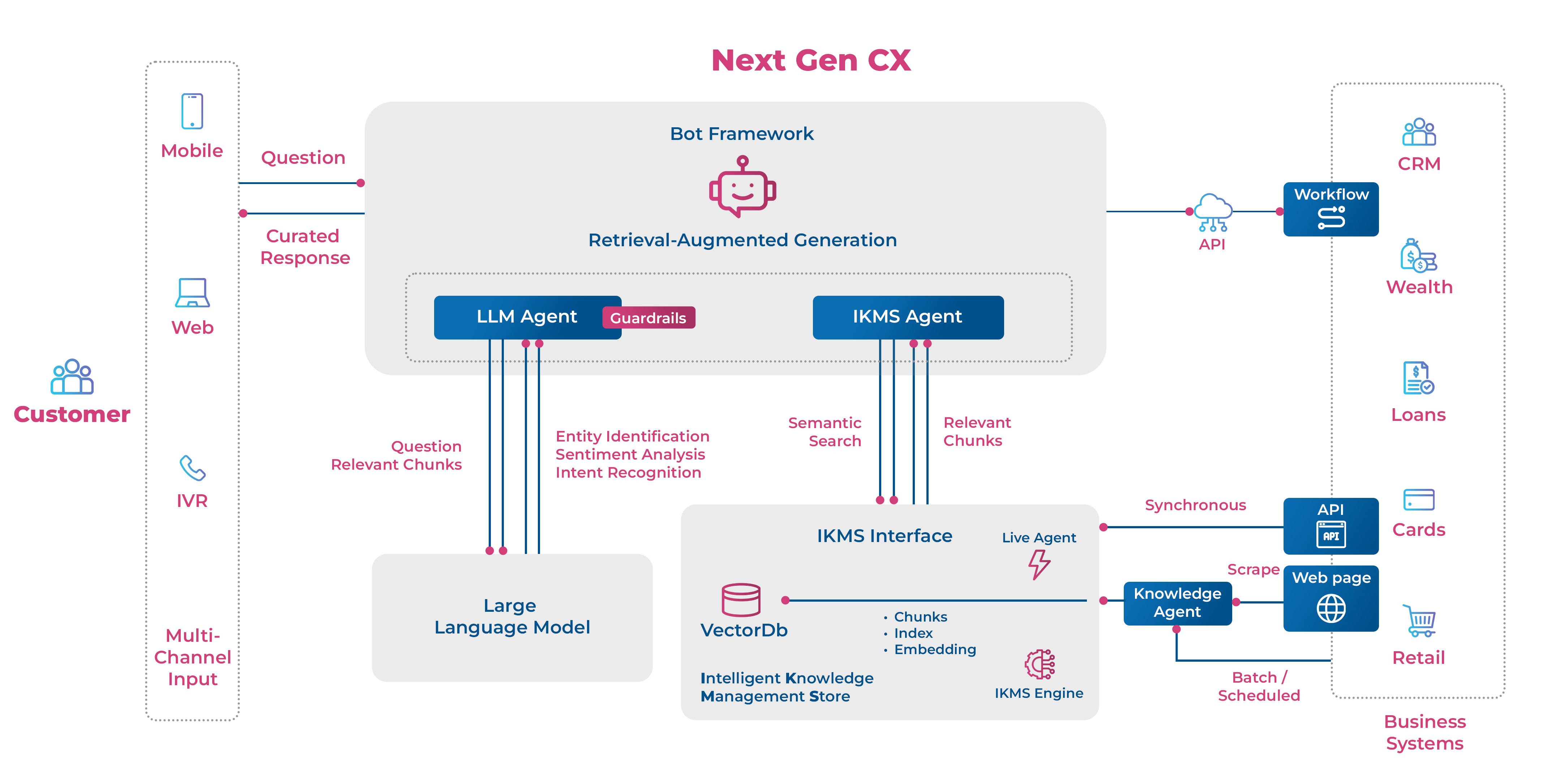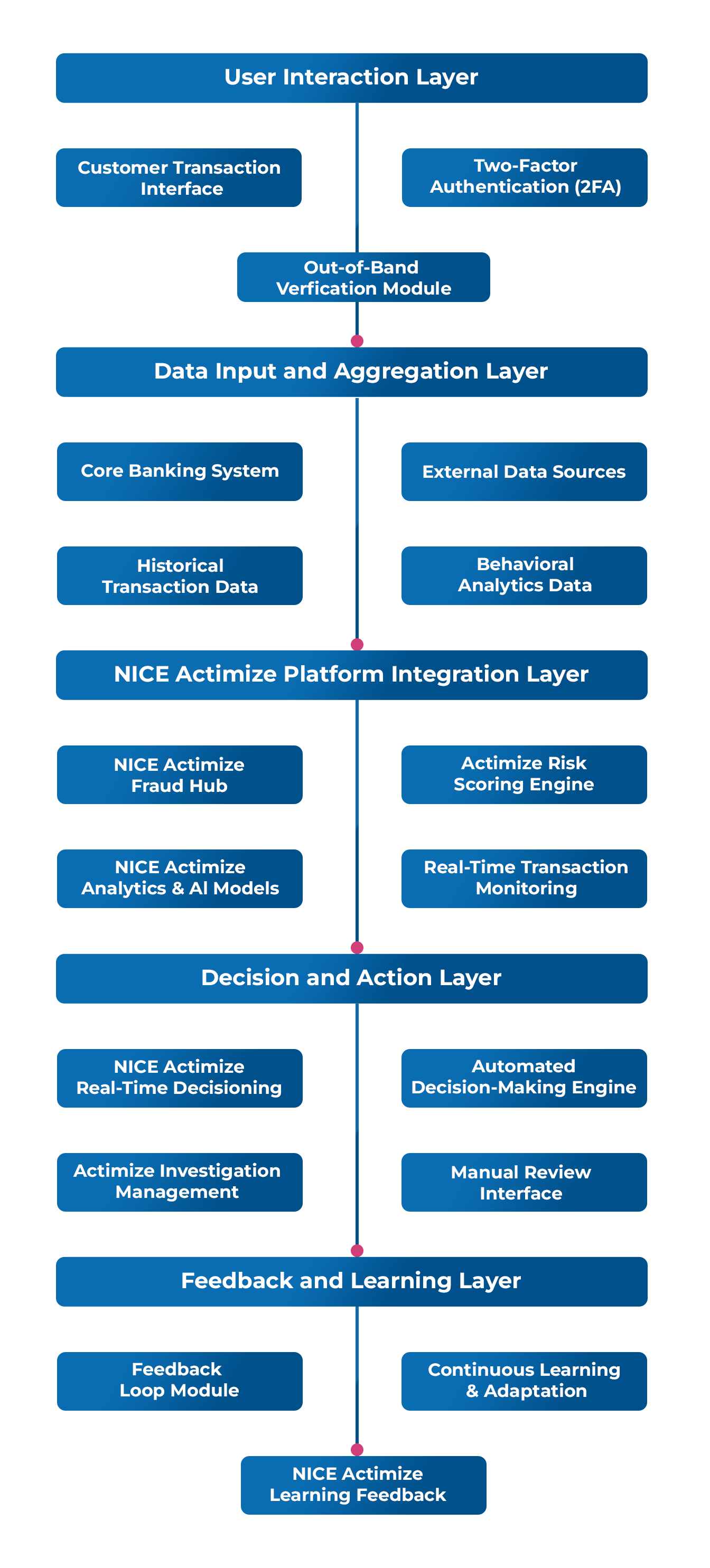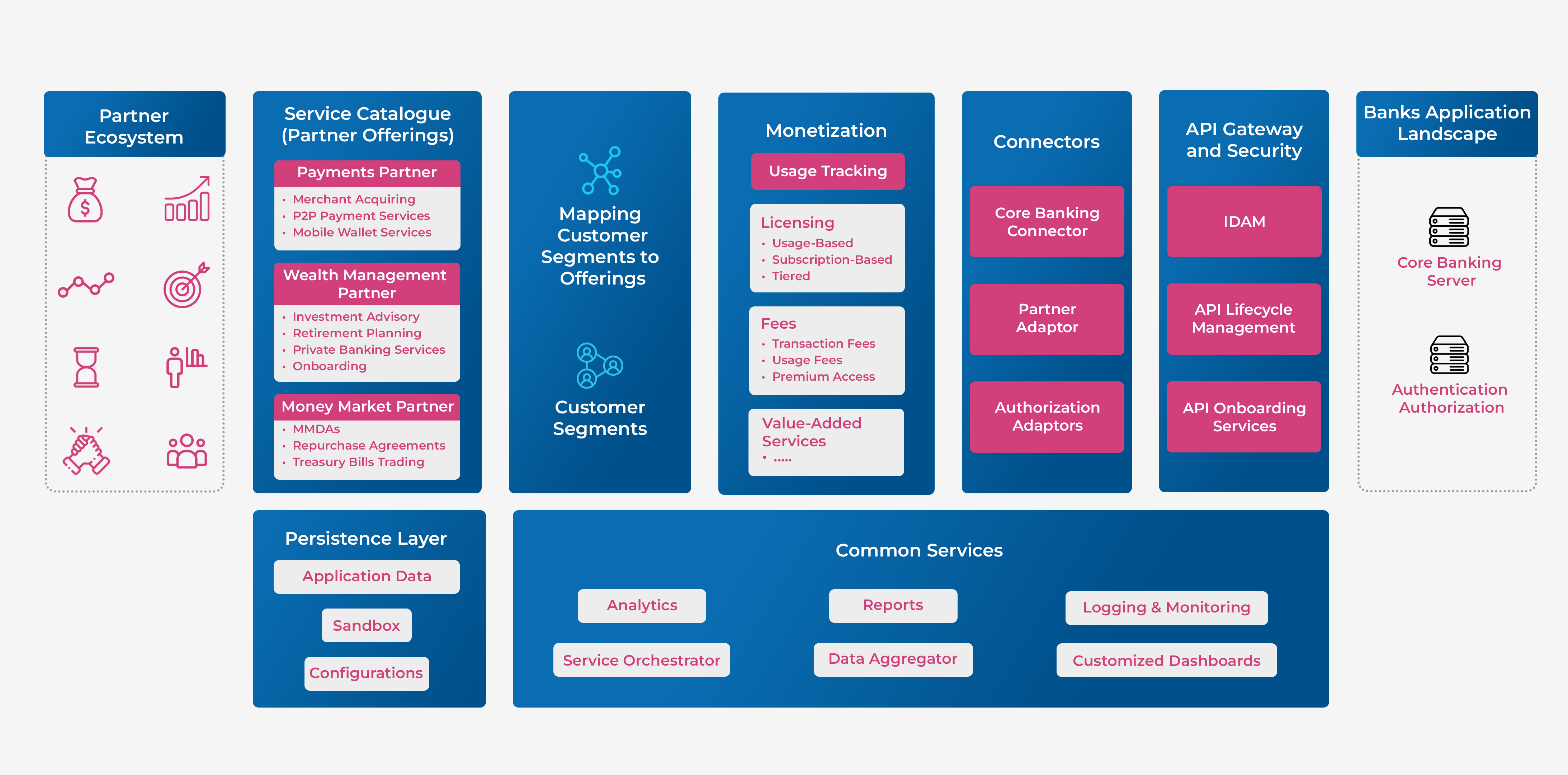In an AI age, the key will be finding a balance between technical expertise and human capabilities that make people the heart of progress
As AI advances, a key question emerges: will it replace human jobs or transform the way we work? While some view AI as a tool, others fear it will render human skills obsolete. But what if the real challenge isn’t about replacement but collaboration?
Instead of seeing humans and machines in competition, the future of work could lie in how they work together to achieve more significant outcomes. AI is already reshaping industries from healthcare to finance and redefining the nature of work. The critical question isn’t whether AI will change the job market but how we can prepare for it. What skills will be essential in the future and how can we ensure humans remain central to this evolution?
What an AI-driven Future Holds
With advancements in AI, the technical requirements of the workforce are on the rise. There is an increased need for basic skills in AI literacy, data management and big data governance. Professionals must understand how to manage, wrangle and refine data to ensure the accuracy of machine predictions. Data is a crucial enabler for AI and those who master its complexity will have a significant advantage.
The roles of AI architects and AI ethicists will be highly significant. AI architects will need system design, algorithms and cloud scalability skills to develop effective solutions. Meanwhile, AI ethicists will ensure fairness in AI applications, audit algorithms for biases and address privacy challenges. Robotics, autonomous systems and predictive modelling are areas where advanced technical capabilities such as statistical analysis, spatial reasoning and deep learning model development will serve as a springboard for innovation. Such skills will comprise the backbone of future jobs, allowing experts to design systems that complement human efforts.
Human-centric Skills
Adaptability, critical problem-solving and ethical decision-making will define the future workforce. These tenets will help individuals thrive in an evolving technological landscape and address challenges that AI alone cannot resolve. The growing prevalence of AI systems highlights the importance of ethical decision-making, as only humans can fully understand the societal and legal implications of AI actions. As machines take over routine tasks, humans must focus on areas where creativity and curiosity can flourish, such as strategy development, solution generation and interdisciplinary collaboration.
AI literacy must be introduced early, at the middle school level, so that students are familiar with what AI can and cannot do. An interdisciplinary approach is needed to understand AI and its applications.
The curriculum should include key areas like cognitive psychology, design thinking and neuroscience to help students effectively understand and work with AI technologies.
Courses on spatial mathematics, autonomous systems and deep learning should be offered by colleges to help students prepare for an AI-driven world. Early introduction of these concepts can build a strong foundation for students’ upskilling and equip them to adapt to the fast-changing job market.
Future Ready
Organisations must invest in their workforce’s continuous training and development. Simply hiring for AI-driven roles isn’t enough; organisations must drive cultural and structural shifts to create an environment where AI and human collaboration thrive and ethical AI practices are embedded into daily operations.
The transition to AI requires a long-term vision. Building a skilled, agile and ethically responsible workforce is no easy feat and will take time. Ultimately, organisations will leverage AI for operational efficiency while ensuring its positive, responsible and sustainable use.
Harmonious Synergy
The debate is not on replacing humans with machines but on finding a synergy where humans and machines can partner to create something greater than the sum of their parts. As we navigate this AI-driven evolution, the key will be finding a balance between technical expertise and human capabilities centred on making people the heart of progress.
It is time to rethink education, nurture adaptability and prioritise ethical decision-making to prepare for an era in which humans and AI work hand in hand. The question isn’t whether we are ready for AI but whether we are ready to embrace its collaborative potential. The time to prepare for the AI job of the 22nd century is now.
About The Author

Rajesh is the Senior Vice President and head of the Practice Group at Maveric Systems. He promotes best practices and methodologies in project delivery through playbook adoption and building contextual solutions, driving talent acquisition and creating leadership bandwidth. Rajesh is also responsible for skill development in Delivery teams. With over two decades of experience in the IT industry, he works with various CXOs, the Program Office and our customer bank’s business teams to understand their challenges in ongoing delivery operations to develop solutions and accelerators. Rajesh’s leadership skills have played a vital role in identifying and developing the top talent to accelerate Maveric’s vision of becoming one of the top three bank tech specialists.
Article Originally published in Outlook Business



